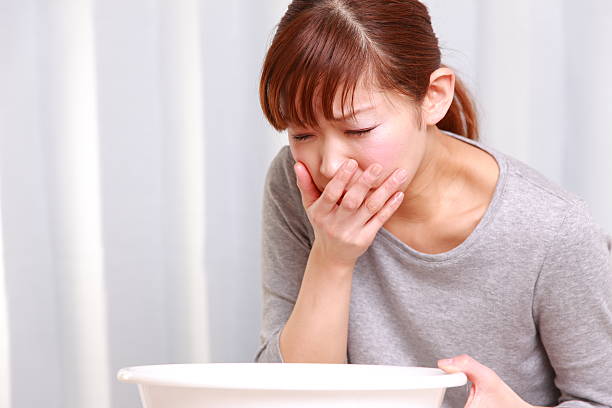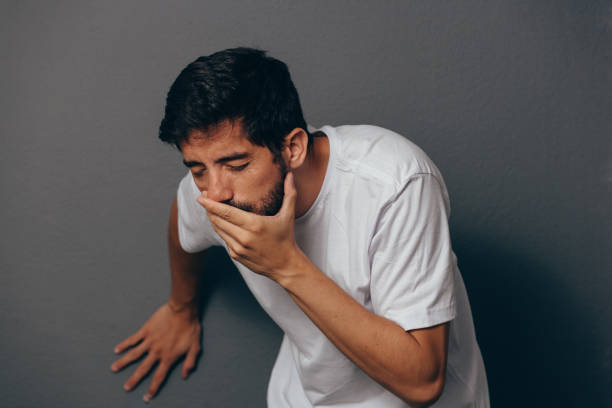Uremia is a medical condition in which the kidneys fail to filter waste products from the blood, leading to a buildup of toxic substances. It is a serious condition that can lead to multiple complications if not treated properly. In this article, we will discuss the symptoms of uremia and the treatment options available.
Symptoms of Uremia
Nausea and vomiting
Fatigue and weakness
Loss of appetite
Swelling in the legs, ankles, and feet
Confusion and irritability
Itching
Shortness of breath
Chest pain
Muscle twitching
Seizures
In the early stages of uremia, symptoms may be mild and not easily noticeable, but as the condition progresses, the symptoms become more severe and can lead to serious health complications. Some of the complications associated with uremia include high blood pressure, anemia, electrolyte imbalances, and nerve damage.
Treatment for Uremia
Dialysis: Dialysis is a procedure that filters waste products from the blood, effectively taking over the function of the kidneys. It is usually performed in a hospital or dialysis center and may be required several times a week, depending on the severity of the condition.
Kidney transplant: A kidney transplant is a surgical procedure that involves transplanting a healthy kidney from a donor into the patient’s body. This procedure is often the best option for individuals with end-stage kidney disease and may provide a long-term solution to the problem.
Medications: Medications are prescribed to control the symptoms and complications of uremia. These may include diuretics to reduce swelling, blood pressure medications to control hypertension, and medications to control anemia.
Diet: A well-balanced diet low in salt and high in protein is recommended for individuals with uremia. It is also important to avoid foods that are high in potassium, such as bananas, oranges, and tomatoes, as these can further strain the kidneys.
Lifestyle changes: Making lifestyle changes, such as quitting smoking, reducing alcohol consumption, and maintaining a healthy weight, can help improve overall health and reduce the risk of complications associated with uremia.
In conclusion, uremia is a serious condition that can lead to multiple health complications if not treated properly. The symptoms of uremia include nausea, fatigue, swelling, and confusion, among others. Treatment options include dialysis, kidney transplant, medications, diet changes, and lifestyle modifications. Early diagnosis and treatment are crucial to managing the symptoms of uremia and avoiding serious health complications.

 Home
Home Health
Health Diet & Nutrition
Diet & Nutrition Living Well
Living Well More
More












